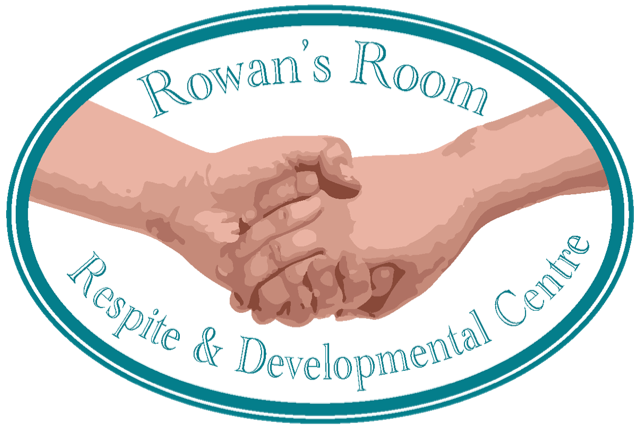The Story of Rowan’s Room
By Elizabeth Mason-Squires,
Executive Director, Rowan’s Room Respite & Developmental Centre
Rowan’s Room is a private facility in Middleton offering developmental, educational, recreational, respite, and general support to young children ages 3 – 12 years, with developmental, neurological, and/or cognitive needs. It helps children that may not be fully supported in traditional school settings, and are diagnosed with Autism Spectrum Disorder (ASD), Sensory Processing Disorder (SPD), Attention Deficit or Hyperactivity Disorder (ADD, ADHD), or who have other special needs that may or may not yet be diagnosed. The services provided are tailored to each individual child’s needs with input from the child’s family, school, and therapists where applicable. Our team includes special needs teachers, paraprofessionals, and volunteers who are all passionate about working with our unique children.
I have never thought of myself as an entrepreneur. If you asked me ten years ago what I thought I’d be doing now, it wouldn’t have been this – not in my craziest, wildest dreams. But my life changed, like so many do, the day my beautiful daughter was born. She was perfect and I was in love.
Rowan is still perfect and I am still madly in love, but it was obvious from the moment she was born that something else was going on. By 6 weeks of age, I suspected Autism. By 6 months, I knew it was Autism. By 9 months, our pediatrician was convinced and on our side, sending out referrals and getting us on waiting lists for everything. I knew that day that I would never return to a full-time job as a business manager again. I started researching therapies and early intervention, finally putting my psychology degree to good use. I realized that I needed to be very much a part of the therapy with Rowan in order for it to be most effective. I decided to start a home-based bookkeeping business in order to work around Rowan’s physical therapy, occupational therapy, and early intervention.
Rowan was diagnosed with Autism Spectrum Disorder at 23 months old. Although they don’t diagnose in terms of severity or level of functioning anymore, it was understood that Rowan presented with severe classic Autism with sensory issues. Her sensory issues would prove to be quite severe and challenging and seemed to be the root of her high-level of anxiety. For me, this realization was the catalyst for my initial research into schools and programs for children with neuro-developmental exceptionalities like Rowan.
What I discovered was a lack of services or programs designed specifically for children like Rowan. Rowan is brilliant in a number of ways but is delayed in language, social communication, self-care, and self-management. I realized that we were likely not the only family concerned that there wouldn’t be quite enough support in the public system for our certain level of need. For me, it wasn’t about segregating Rowan from the mainstream population – it was about properly preparing her with the skills necessary to navigate an inclusive environment and be successful. By priming her and allowing her to develop in areas where she may be delayed prior to entering a mainstream setting, it will give her the confidence and the tools she needs to learn and grow more effectively so she will be more on par with her typically-functioning peers.
I met with several individuals with varying levels of expertise in education and therapy including a BCaBA (Board Certified Assistant Behavioural Analyst) with whose help we were able to formulate the foundation for our programs. All of our programs are geared toward successful transition to the public system, but at a rate based on the individual’s own development. What grew from there was the realization that, in general, neuro-developmental exceptionalities such as ADHD, ADD, OCD, Anxiety, as well as cognitive and intellectual exceptionalities, have a tendency to lack adequate support. This is through no fault of the amazing teachers and professionals in the public system; this is due to the above-mentioned exceptionalities being extremely individual in the way they present. This makes program delivery exceedingly difficult in larger class settings. Our program places no more than three students to one teacher allowing for much more individual attention. We work cooperatively with parents, teachers, therapists, and other services or supports in the child’s life to ensure consistency.

